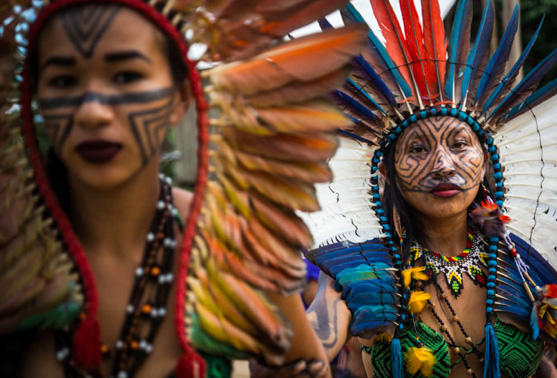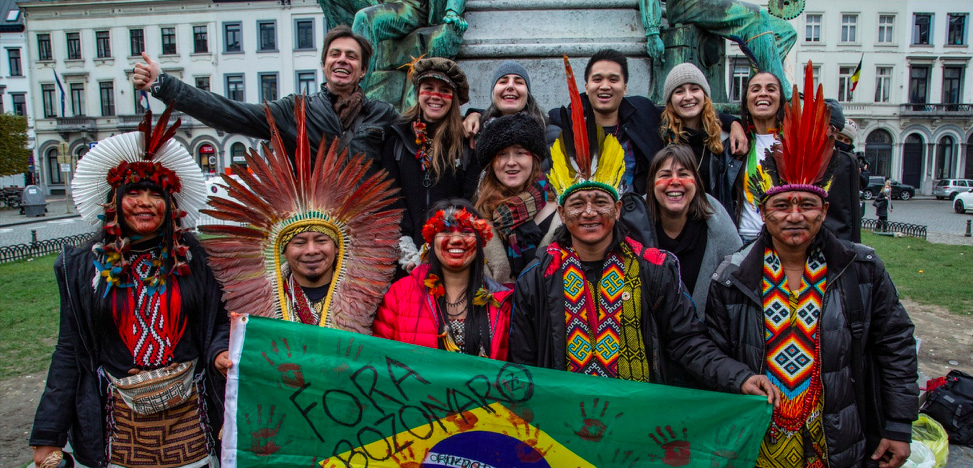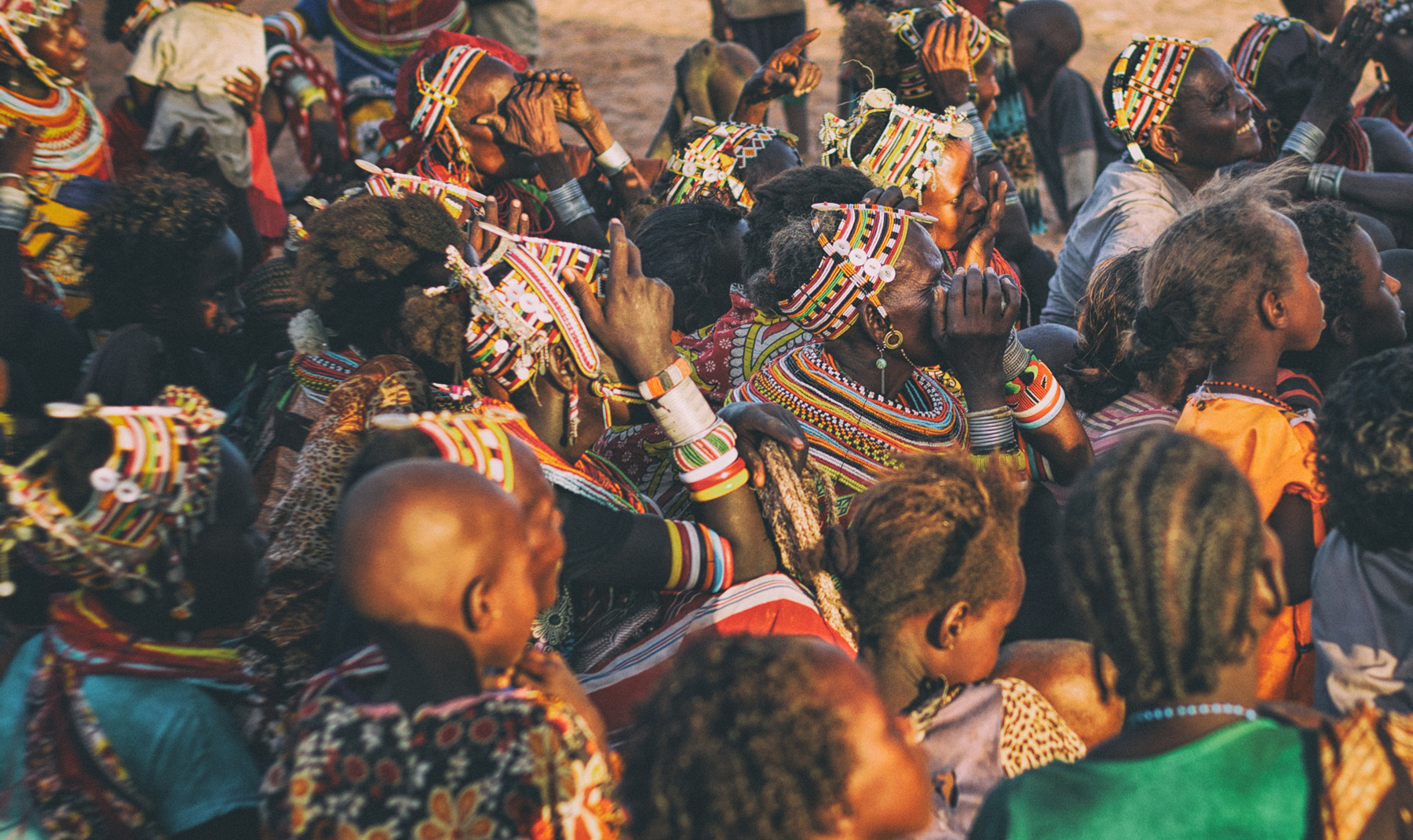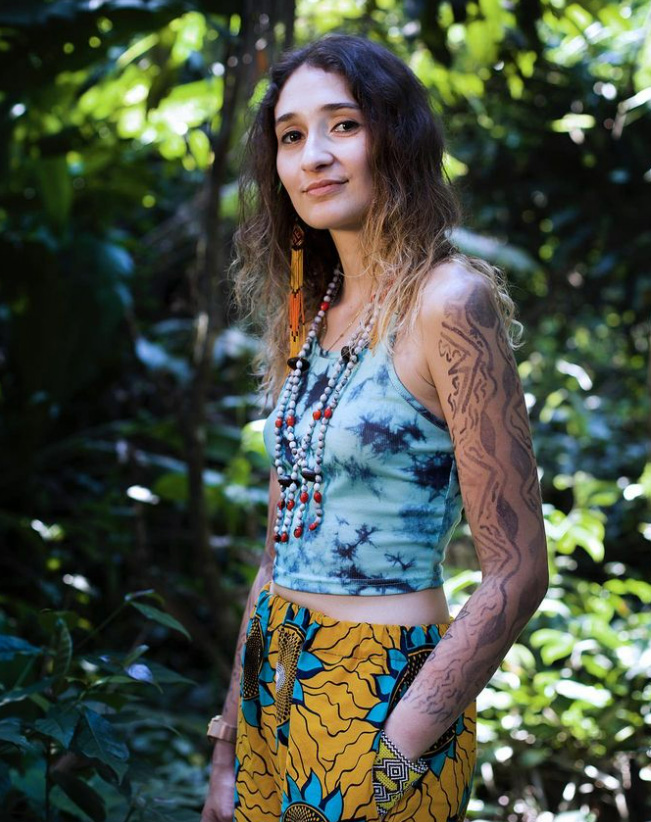SUPPORTING LOCAL COMMUNITIES AND INDIGENOUS PEOPLE
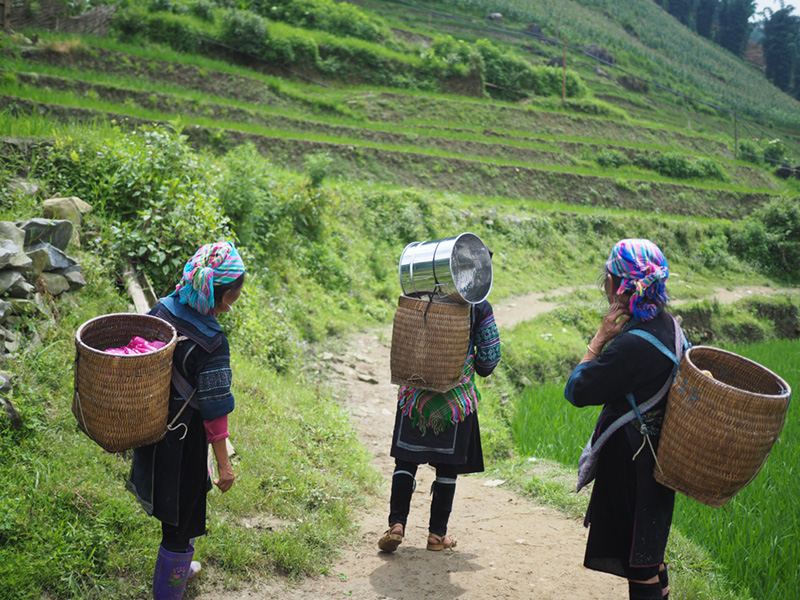
Women and men depend on land and natural resources that are held, used, or managed in common. They are indigenous peoples, farmers, pastoralists, fisherfolk, and forest keepers.
They protect more than 50 per cent of the planet’s land surface, but governments recognize their ownership rights over just 10 per cent. Many of these communities are actively engaged in ecosystem restoration as part of customary practice and a wealth of intergenerational knowledge on the ecosystems on which they depend.
Restore and secure land and resource rights to indigenous peoples and local communities and recognize them as stewards of ecosystem restoration.
PLANET 2030 aims to support local communities and indigenous peoples in South America and Africa.
SUPPORTING LOCAL COMMUNITIES IN KENYA BY FREE SPIRIT FOUNDATION

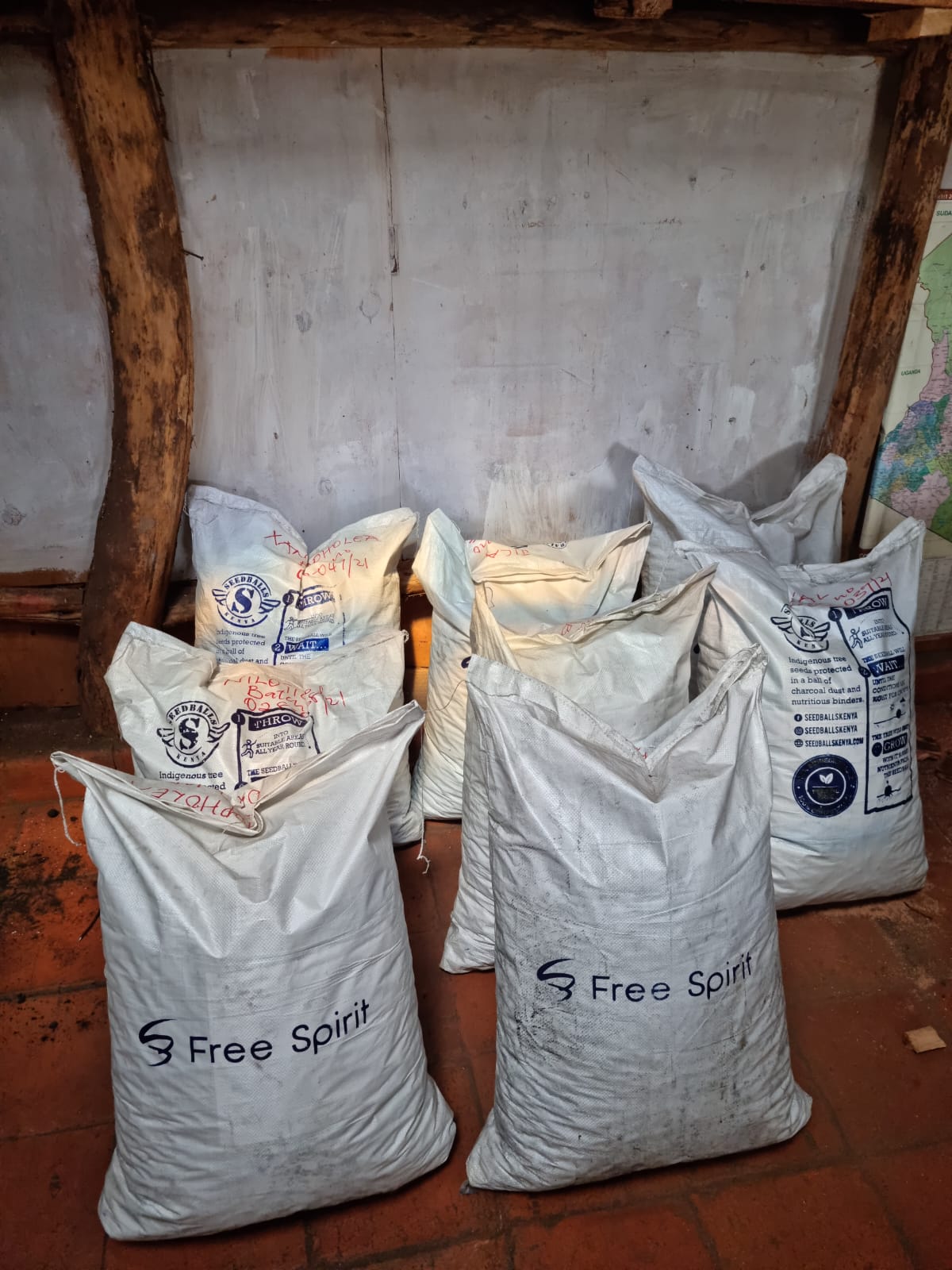
As part of PLANET 2024, the Free Spirit Foundation will donate over 100,000 acacia and olive seeds to farmers and families in precarious situations near Lemek in the Masai Mara, Kenya. This is a community of Maasai people living in a drought-prone region. The restoration of their surrounding lands will have a significant impact on these resource-limited individuals. Olea, more commonly known as the olive tree, is a species of trees or shrubs in the Oleaceae family found throughout Africa, Asia, and the Mediterranean Europe. A variety of it has been domesticated and cultivated to become the olive tree.
Surprisingly to many, it is indeed possible to grow olive trees in Kenya. Kenya has a subtropical climate with well-defined rainy seasons. Olive trees can tolerate high temperatures but require plenty of sunlight and well-drained soil.
Olive cultivation in Kenya is still developing, but it has the potential to become a significant industry. Olive oil is a sought-after product, and olive trees can be a significant source of income for Kenyan farmers.
Here are some of the advantages of olive cultivation in Kenya:
- Olive trees can be grown in a wide variety of soils and climates.
- Olive trees are hardy plants that can withstand drought and diseases.
- Olive oil is a sought-after product and can be sold at a high price.
The dissemination of olive seeds by farmers and families in the Mara region can have a positive impact on their lives in several ways.
- An additional source of income: Olive oil is a sought-after product and can be sold at a high price. Therefore, cultivating olive trees can be an additional source of income for Kenyan farmers, especially those with limited resources.
- Improved food security: Olives can be consumed fresh, dried, pickled, or pressed for oil. They are, therefore, a significant food source for local populations, contributing to improved food security.
- Enhanced quality of life: Olive tree cultivation can create job opportunities and improve the living conditions of local communities. It can also contribute to environmental protection since olive trees are sustainable and can help combat desertification.

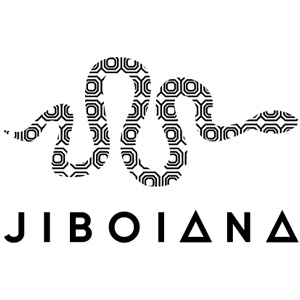
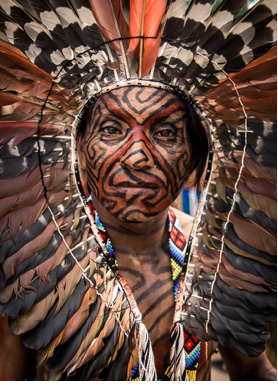
SUPPORTING INDIGENOUS PEOPLE
Given the recognition of the importance of indigenous populations in biodiversity conservation and the fight against deforestation, the Jiboiana Association was founded in 2020 with the aim of bridging the gap between indigenous peoples and the Western world.
Our goal is to support the preservation of Life and its ancestral cultures, initiate a transformation of minds and the relationship between people and Nature, to generate a positive impact on how we interact with the world. We stand by the « guardians of the Earth » by creating projects that support their environmental and social initiatives, including:
- Reforestation projects, dissemination of agroforestry practices, and forest conservation.
- Awareness and support projects for the preservation of indigenous cultures, through visits by representatives to Europe.
- Support projects for community development and poverty alleviation.
Our projects contribute to:
- The food and economic autonomy of indigenous communities.
- The preservation of biodiversity, which is sustained by indigenous peoples, and reforestation that enhances this biodiversity.
- Access to clean drinking water.
- The development of local craftsmanship, partnerships, and the transmission of indigenous culture, with a particular focus on supporting women.
- Their international presence and participation in negotiations, such as at COP, the European Parliament, and the European Commission
JIBOIANA ACTIVITIES IN 2024
As part of PLANET 2030, Jiboiana is launching an agro-ecological reforestation project in 2024:
- Construction of 11 nurseries in 8 villages, collecting seeds, and preparing seedlings.
- Planting more than 9,000 trees, as well as vegetables, following permaculture principles to enrich the soil, restore biodiversity, and provide food autonomy to the Huni Kuin communities, all on previously deforested land.
- Support for indigenous agroforestry agents to ensure the project’s implementation and monitoring in complete autonomy – these agents had never before been recognized for their skills, as no project of this nature had been initiated in their area.
- Education: Training and regular workshops for young people, women, and men in the community to learn how to plant and care for seedlings; technical support from an agroforestry expert.
